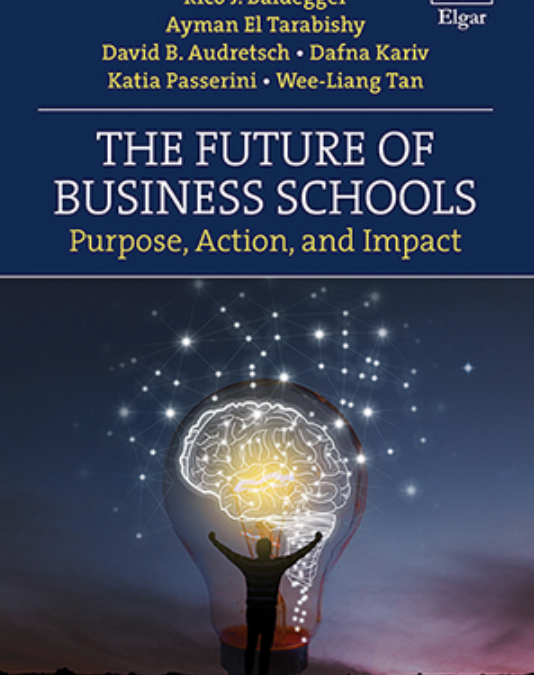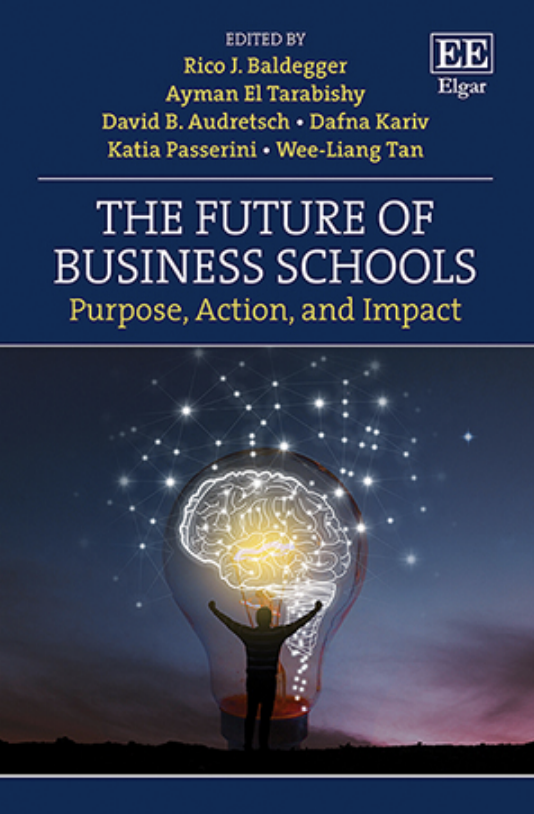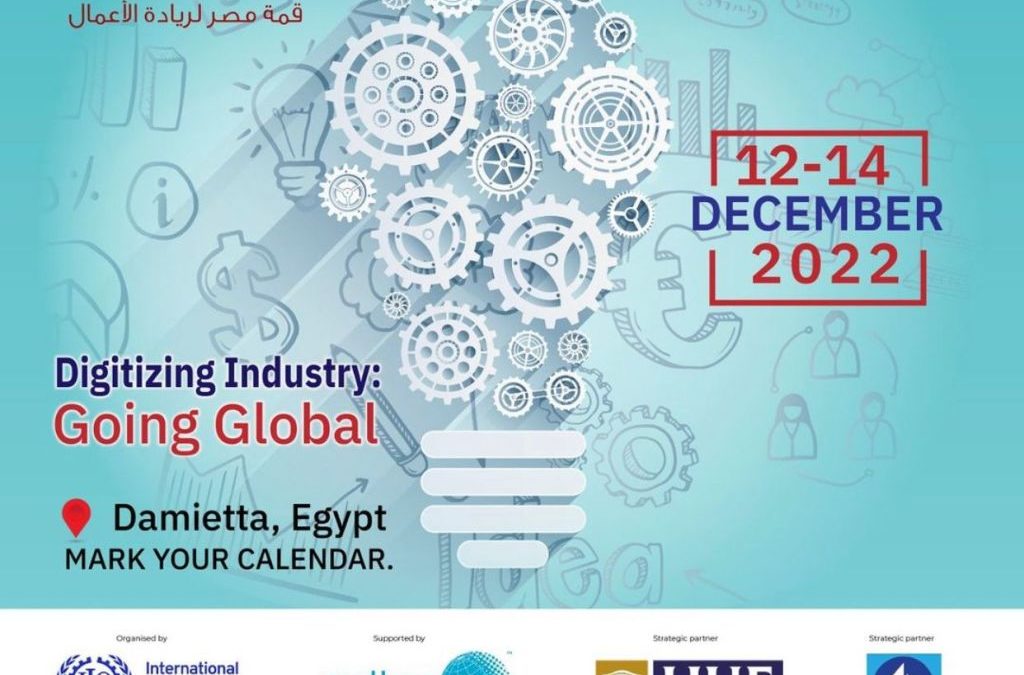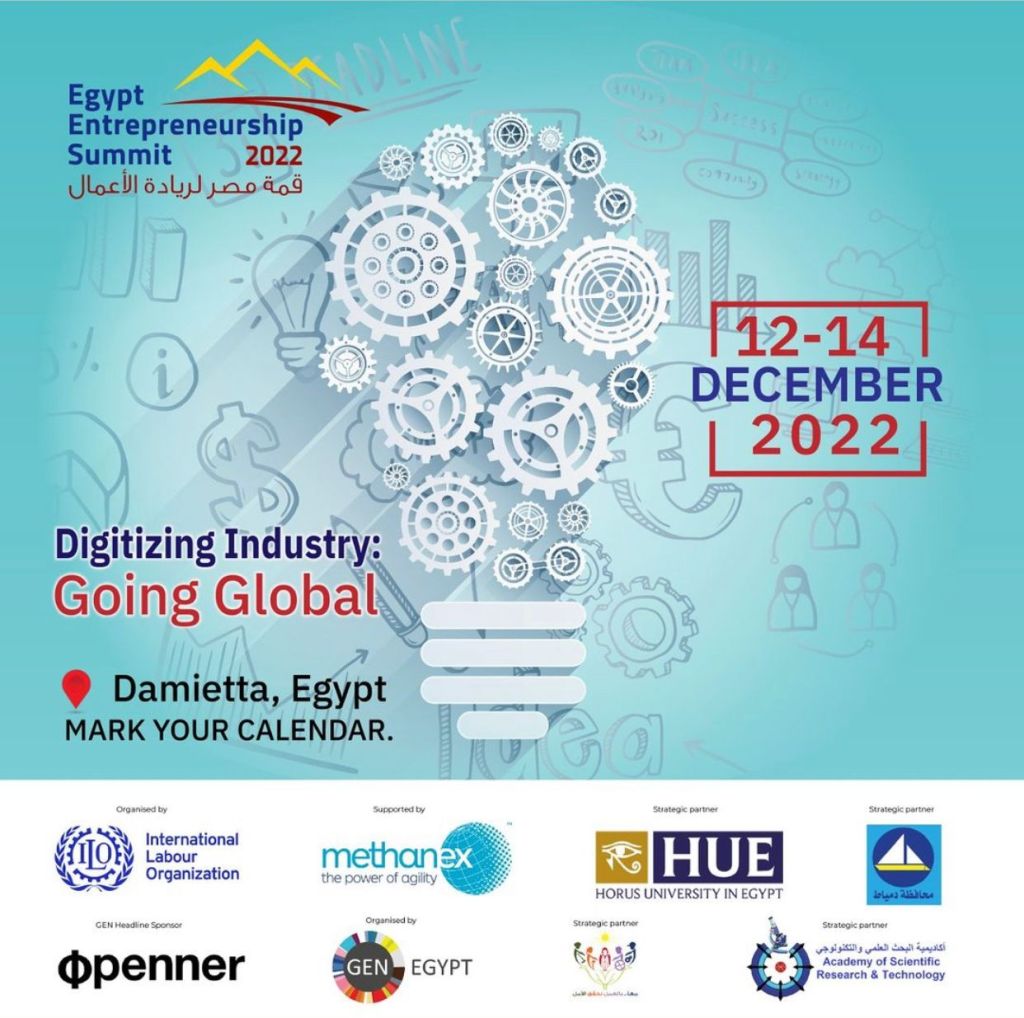


Digital Reality
Nov 18, 2022 | Ayman Site, News | 1, reflections, Small Business Horizon Site, SME World Forum Site, The Latest, World Congress Site

If you ask the average entrepreneur what lessons or skills they have learned and developed over the past year, one answer comes up again: ZOOM (a.k.a. flexibility.) There is no flexibility in the modern business world without a digital presence. The tools exist for small businesses to create an online, global platform that can work towards various societal needs with very few input resources. The future of education is digital, and tying your business’s investment in digital presence to skills training or other educational opportunities is a brilliant, cost-effective way of growing your footprint.
COVID-19 and the resulting changes to the day-to-day operations of millions of people worldwide have accelerated this shift toward digital infrastructure and technological competency. At ICSB, we believe that this transition to a more global and digitally connected environment provides opportunities for all small and medium-sized enterprises (SMEs) and sustainable entrepreneurs to increase their knowledge and to network through a collection of digital conferences.
We want to emphasize that while the potential value of digital conferences and the broader expansion of technological advancement, in-person meetings, and opportunities to meet and socialize remain the ideal for a robust exchange of information and perspectives. However, in a world that continually asks us to adapt, we must continue to be ready to do so.
One of the main attractions of a digital conference is location neutrality. Conferences can be hosted from wherever, and it becomes exponentially easier for distant parties to attend events that would ordinarily have been very difficult in regular times. This approach also centers on disabled actors and other parties that require a different set of accommodations. When we say we want to build a more equitable and just world, these are some of the more minor, more complicated things we must pay attention to.
Additionally, a digital conference’s environmental impact is a fraction of the average ecological costs of long-distance travel and other amenities of an in-person function. We must emphasize sustainability and consider expenses that we have historically ignored.
While this age of digital conferences and events is relatively new, there are ways to maximize your event’s effectiveness. As Lawton (2020) writes, some of the key considerations include:
- Timetabling of speakers should be optimized to account for the different time zones in which speakers and participants are located.
- Presenters should be taught how to use the software before the conference, including optimizing their environment, lighting, positioning, and digital broadcast clothing.
- Audience participation via asking questions and voting in polls is essential to keep the audience engaged and scrutinizing presented material.
- Technological failures are distracting and time-consuming. A dedicated team should be assigned to troubleshoot and make contingency plans when the issue cannot be resolved.
- Decide how recorded content will be made available and whether this will be restricted to registered participants or open to a broader audience.
The details will change according to the specifics of certain events. Still, we believe a foundation emphasizing preparedness, audience engagement, and technological competency is a definite beginning as we evolve our practices to meet the times’ challenges. Additionally, we believe incorporating these strategies will create a special and unique experience that does not merely look to replicate the features of a traditional, in-person event. Digital conferences and circumstances are individual and offer their pros and cons.
We believe we must lean into these challenges if we want to continue to succeed.
Article by: Dr. Ayman ElTarabishy, President and CEO, ICSB

The Future of Entrepreneurship Education
Nov 11, 2022 | Ayman Site, News | 1, reflections, Small Business Horizon Site, SME World Forum Site, The Latest, World Congress Site

Entrepreneurship Education sits as the cornerstone of creating socially and environmentally conscious entrepreneurs. When we imagine the future of humane entrepreneurship, it includes empowered employees and well-educated entrepreneurs making intelligent decisions to heal the environment and benefit the world. To enable entrepreneurs to make these changes we envision, we must educate them on the issues that truly matter, such as integrating social entrepreneurship with sustainable entrepreneurship and employing business practices that protect our planet, communities, and future generations.
First, we must consider the significance of climate change and the role that government officials and entrepreneurs play in preventing further damage to the planet. Although governments are making changes to reduce negative environmental impacts, we are still concerned about whether profitability and sustainability coexist. We must educate all stakeholders about climate risk and their duty to promote sustainability in response to this. As observed by Dr. Mariya Yesseleva-Pionka, Global Certificates Manager for ICSB and adjunct professor at the University of Technology Sydney, “With every new business venture comes a great responsibility for making climate-friendly decisions.” Therefore, we must continue developing and supporting eco-friendly solutions such as green start-ups, fin-techs, and sustainability reporting and educate entrepreneurs on properly implementing SDGs and sustainable business practices. It is imperative to note that long-term profits will not matter if the planet deteriorates due to climate change.
This sustainability education is inherently tied to education about social entrepreneurship, as both of these entrepreneurial approaches target issues on a human and environmental level. Although there exists an increasing amount of research on social entrepreneurial intention (SEI), or the motivation of entrepreneurs to build new social enterprises, we still lack knowledge about different SEI antecedents, such as personality, cognition, and experience, as well as variables moderating antecedent-SEI relationships, including economic and social influences. According to Dr. Phillipp Kruse, a scientific staff member at the Dresden University of Technology, the solution to these research issues lies in examining SEI in countries with different cultures and economic situations and developing a validated instrument with which to measure SEI. Additionally, social entrepreneurship educators must include more psychological input in university courses to strengthen participants’ motivational ties to social entrepreneurship.
With entrepreneurial learners’ power to change the future of business and the environment, we owe them the best education, educators, research, and settings. We must listen inclusively to these learners’ and new and small businesses’ voices. Dr. Norris Krueger, the Senior Research Fellow at the College of Doctoral Studies, UOPX & Entrepreneurship Northwest, stated, “Students are our secret weapon. In terms of learning and educating, especially in the ecosystem.” To provide entrepreneurial learners with the best resources, we must shift from top-down systems to bottom-up, from institutions to people, and from hierarchies to networks. Inclusivity and active listening are the keys to discovering what our entrepreneurial students need to flourish, improve their communities, and shape the future of humane entrepreneurship. In educating entrepreneurs and stakeholders on their sustainable responsibilities, increasing students’ ties to social entrepreneurship at the university level, and providing high-quality, comprehensive education, we grant entrepreneurs the tools necessary to implement safer business practices and create long-term, positive change for our environment, communities, and ways of life.
Article by: Dr. Ayman ElTarabishy, President and CEO, ICSB

The Future of Business Schools
Nov 7, 2022 | News | 1, The Latest

Are business schools on the wrong track? For many years, business schools enjoyed rising enrollments, positive media attention, and growing prestige in the business world. However, due to the disruption of Covid-19, many previously ignored issues relating to MBA programs resurfaced. As a result, MBA programs now face lower enrollments and intense criticism for being decent in preparing future business leaders and ignoring essential topics like ethics, sustainability, and diversity and inclusion.
The Future of Business Schools discusses these issues in the context of three critical areas: complexity, sustainability, and destiny ‘In a timely volume, Professors Baldegger, El Tarabishy, Audretsch, Kariv, Passerini, and Tan have demonstrated that the future of business schools is now. Business schools can and should play a critical role in economic and talent development worldwide, and this book shows us the path forward.
Filled with strategic and operational insights, this is a valuable book for all internal and external business schools stakeholders, including students, faculty, university leaders, alumni, governments, policymakers, and society at large.’ – Herman Aguinis, e George Washington University School of Business, US
How To Order Online www.e-elgar.com Get up to 20% discount when you order online
By Email UK/ROW: sales@e-elgar.co.uk N/S America: elgarsales@e-elgar.com
By Phone UK/ROW: +44 (0) 1243 843291 N/S America: (800) 390-314
Article by: ICSB Office.

Egypt Entrepreneurship Summit 2022
Nov 2, 2022 | News | 1, The Latest

Article by: ICSB Office.

SME World Forum 2022
Oct 31, 2022 | News | 1, reflections, SME World Forum Site, The Latest, World Congress Site
SMEs Must Choose Change

The Small and Medium-sized Enterprises World Forum (SME World Forum), in collaboration with the International Council of Small Business (ICSB), started today, October 31, 2022, in Rosario, Argentina.
The forum summons the world to a reunion of businessmen, small business owners, legislators, researchers, and educators, among other sectors to contribute with creative and innovative ideas worldwide. The Small and Medium-sized Enterprises World Forum’s opening will reunite some of the most creative and sympathetic world leaders of the academic and productive world. The National University of Rafaela, alongside The National University of Rosario and The Provincial Government of Santa Fe, will host this Forum from October 31st to November 2nd, 2022.
Article by: ICSB Office.

